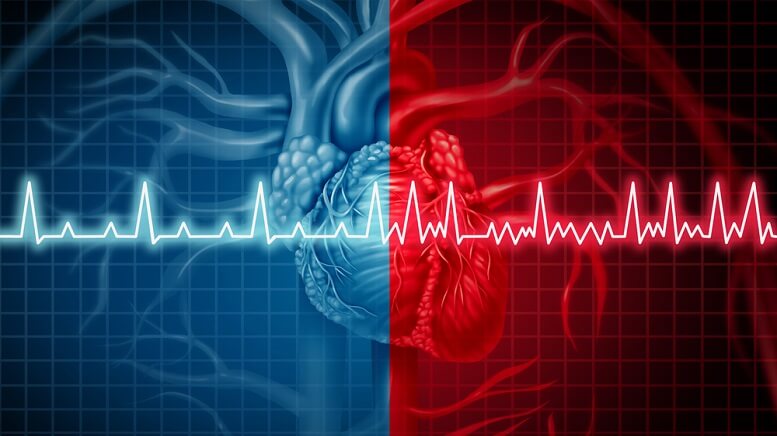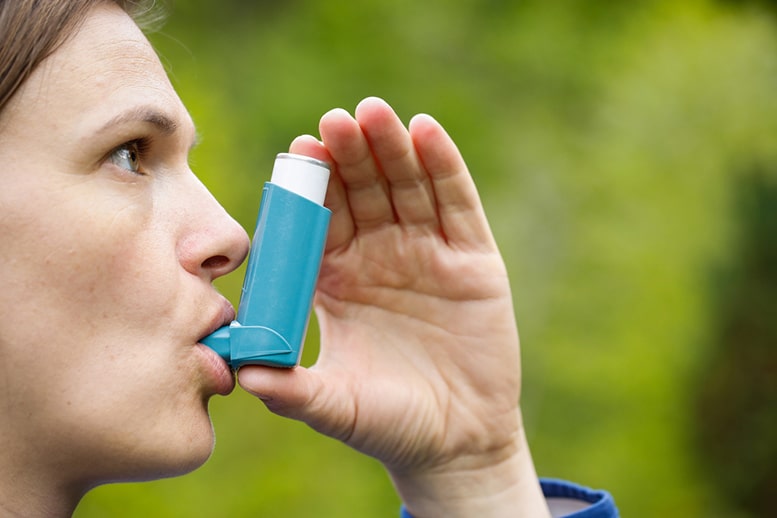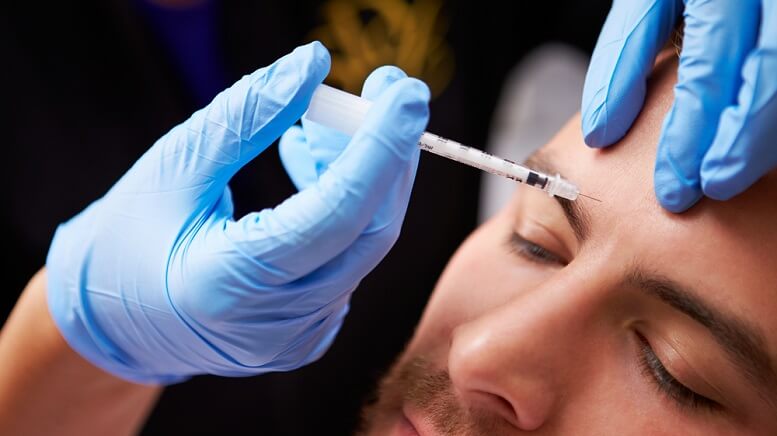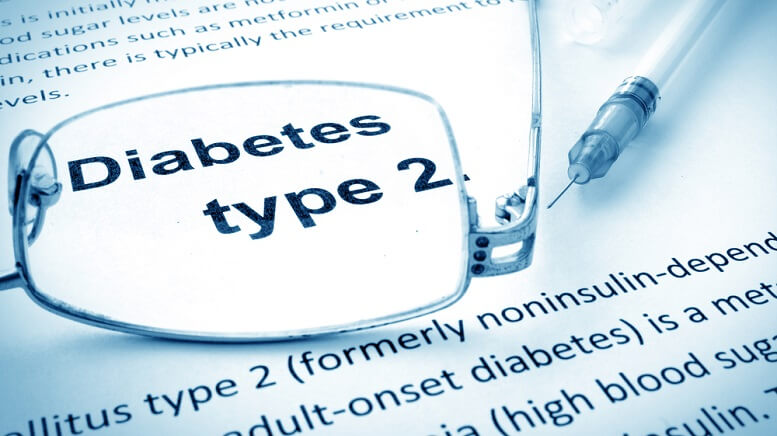Atrial fibrillation (AFib) is a common abnormal heart rhythm that plagues millions of people. AFib comes with an increased risk for stroke, heart failure, dementia, and mortality, while other risk factors include high blood pressure, diabetes, thyroid disease, congestive heart failure, heart attack, and obesity. AFib can also occur after cardiac surgery.
New research shows that lifestyle factors like diet can play an essential part in atrial fibrillation treatment. With that in mind, we have put together a list of the best foods to eat for AFib treatment.
Corn
According to scientific research, corn oil can have an anti-atherogenic effect on cholesterol levels, in turn reducing the risk of various cardiovascular diseases. Corn oil is one of the best ways to improve heart health because corn is close to an optimal fatty acid combination. Eating omega-3 fatty acids helps strip away damaging LDL or bad cholesterol and replace them at the binding sites, reducing the chances of arteries becoming clogged, lowering blood pressure, and minimizing the risk of stroke and heart attack.
Fish
Certain types of fish are very high in omega-3 fatty acids. Many studies have found that omega-3 fatty acids are beneficial to heart health and will, therefore, help in AFib treatment. Fatty acids derived from fish aid the heart in recovering from a traumatic episode. Eat oily fish like wild sardines, salmon, and anchovies. Shellfish are excellent as well. However, it’s important to consume a moderate amount and not go overboard.
Fresh fruits
Fresh fruits like mango, papaya, apples, and kiwi are great for heart health. Apples help lower cholesterol levels and mango, papaya, and kiwi are high in vitamin C, a key nutrient for decreasing inflammation and oxidative stress, both of which are related to atrial fibrillation. Vitamin C is also crucial to the health of blood vessels and the heart and is essential for the proper functioning of most of the body.
In fact, patients who were given vitamin C with medication pre- and post-heart surgery had a much lower incidence of AFib than patients who were only given the medication.
Whole grains
Whole grains are complex carbohydrates and are an essential part of a healthy balanced diet. Unlike refined grains, whole grains do not undergo milling; hence, they are a better source of fiber and magnesium and can be helpful in atrial fibrillation treatment. People can easily add more whole grains to their diet by eating brown rice, oatmeal, or buckwheat.
Original source: http://findquickanswers.com/managing-afib-naturally/
Featured image: DepositPhotos – lightsource









